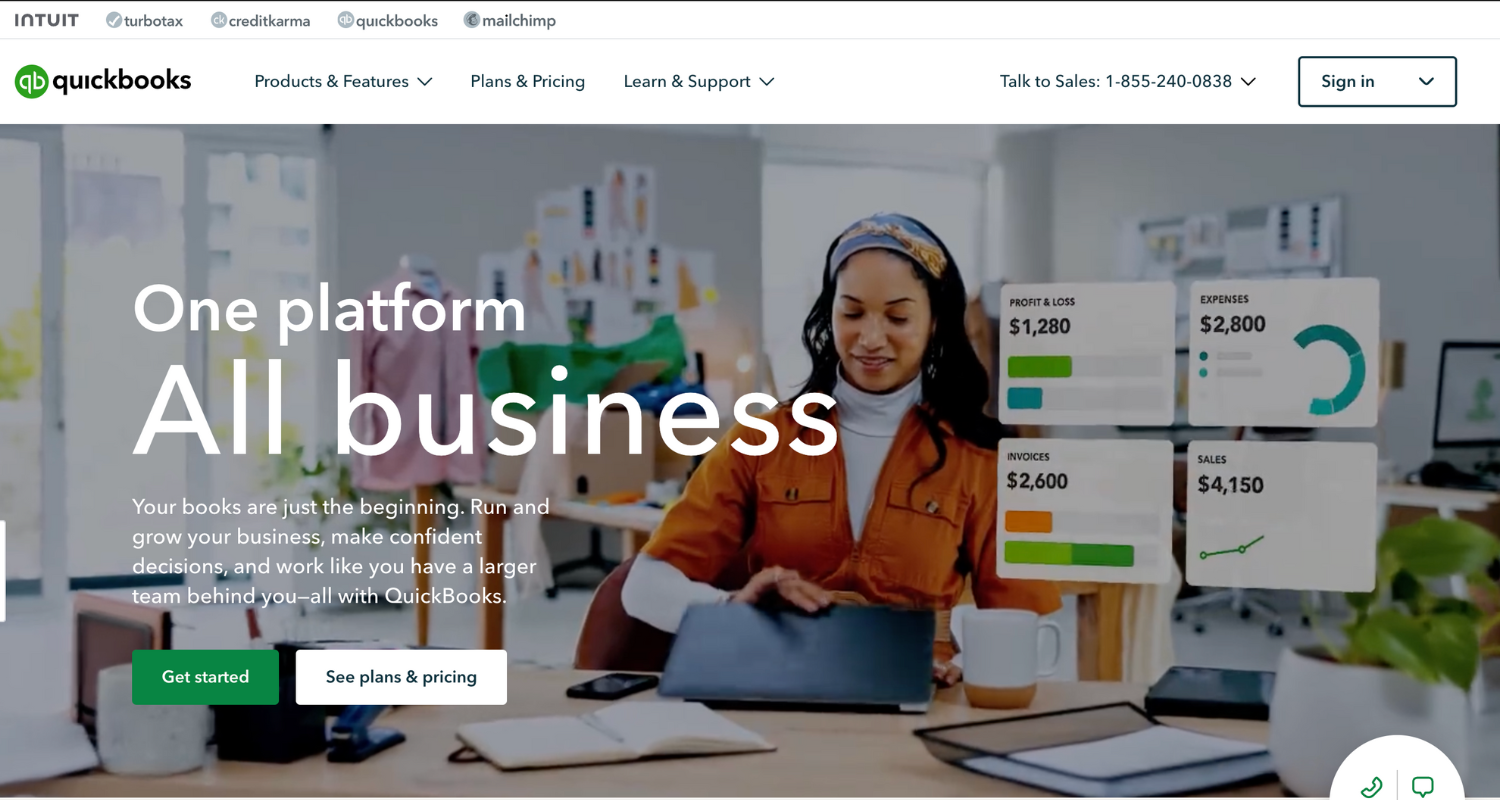Accounting for ecommerce goes beyond tracking sales—it helps you manage cash flow, reduce extra costs, and, most importantly, stay tax-compliant. With the right tools and systems, you can stay organized, keep inventory in check, and clearly see your profits.
In this blog, we’ll dive into how a solid ecommerce accounting system assist you to free up time and gain the insights you need to grow in a crowded market.
Importance of organized financial statements
Keeping your finances organized is necessary if you want your ecommerce business to run smoothly, whether you’re just starting or trying to grow. When your records are in order, you’ll always know where your money is going, make smarter business decisions, and skip the last-minute tax panic.
Simple reports—like balance sheets, cash flow statements, and profit and loss reports—help you understand how your business is doing financially. They also keep you on the right side of tax rules so you don’t run into any surprises down the road.
A solid system lets you easily track sales channels, manage payments, and understand your profits. This makes setting realistic growth goals easier and allows you to plan your next move confidently.
Methods to organize financial statements
Well-organized financial data simplifies the ecommerce accounting process and helps you avoid stress when managing tasks. Using accounting software solutions, you can streamline the transaction recording process, automate your expense categorization, and generate financial reports.
Digital vs. paper records
Julia Carlson, a registered representative with LPL Financial, says, “There’s no single winner in the digital vs. paper record battle. The ideal approach often involves a strategic blend of both formats.” Whether you choose digital or paper records is up to you and the demands of your business.
Why digital records excel
- Secure, organized, and efficient, especially with accounting software.
- Features include automatic backups, searchability, and remote accessibility.
- Ideal for businesses handling high transaction volumes.
- It saves physical space and reduces environmental impact.
Why paper records still matter
- Tangible and straightforward, appealing to some business owners.
- Preferred for legal documents and original signed contracts.
- It can serve as a reliable backup in case of digital system failures.
Go digital to track your daily sales and expenses, saving time and keeping your records safe. With the right tools, you can easily find what you need without digging through paperwork. But just to be safe, keep physical copies of important documents, like contracts or property deeds, as a backup.
Combining digital and paper records lets you get the best of both worlds—ensuring your business stays organized, prepared, and ready for anything.
Categorization techniques
Sorting financial documents into clear categories prevents confusion and streamlines retrieval when needed. Consider organizing records by:
- Type of Transaction: Income, expenses, payroll, taxes, loans, investments.
- Timeframe: Monthly, quarterly, annually.
- Business Function: Sales records, supplier invoices, employee payroll, tax filings.
- Urgency: Immediate attention, upcoming deadlines, archival storage.
A consistent naming convention for digital files (e.g., “2024_January_SalesReport.pdf”) helps maintain clarity. Color-coded file folders or binders can improve accessibility for paper records.
Regular review schedules
Staying on top of your business finances doesn’t have to be overwhelming. A regular check-in schedule helps you keep things organized and catch mistakes early. Here’s an easy breakdown to follow:
- Daily or Weekly Tasks: Record sales and expenses, double-check your bank balance and save receipts.
- Monthly Tasks: Review your income and spending, track missing invoices, and update your budget if needed.
- Quarterly Tasks: Look at your cash flow, check if your business is making a profit, and set new financial goals.
- Annual Tasks: Prepare your tax documents, review your financial reports, and plan for next year.
Top tip: Ensure you have set reminders or using accounting software with automated alerts can help ensure timely reviews.
Top accounting software for ecommerce
Picking the right accounting software can make managing your ecommerce finances much more manageable. The right tool helps you track sales, expenses, and taxes without the headache. Here are three great options to consider:

- QuickBooks Online: Known for its robust features, QuickBooks supports cash basis and accrual accounting, integrates with Shopify, and simplifies profit and loss statements, inventory tracking, and real-time reporting.
- Xero: If you plan to grow your business, Xero is a great option. It supports multiple currencies, gives clear financial reports, and connects easily with popular ecommerce platforms.
- FreshBooks: A user-friendly choice for smaller businesses, FreshBooks automates invoices, tracks expenses, and integrates with online stores to monitor cash flow and net profit margins effortlessly.
The right accounting tool makes managing your business finances much more manageable and frees up time to focus on growth.
Why organized financial records matter
Keeping your financial records in order isn’t just about bookkeeping—it’s about making your life easier. Properly tracking your financial records gives you a more precise picture of how your business is doing. With this, you’ll be able to avoid high-risk mistakes and set yourself up for success.
Making better business decisions
With a well-organized financial record, you can make smart business decisions quickly. Precise and accurate records help you:
- Find growth opportunities – See what’s bringing in the most money and focus on what works.
- Avoid overspending – Keep track of where your money is going and adjust as needed.
- Plan ahead – Use past numbers to predict cash flow and set future goals.
- Attract investors or loans – Banks and investors want to see solid, well-organized financials before they fund your business.
Keeping your records in check gives you the confidence to make informed decisions and quickly grow your business.
Simplified tax preparation
Tax season can be stressful, but having well-structured financial documents can make it much more manageable. Here’s how:
- Faster filing – With all income and expenses appropriately recorded, you can complete tax forms quickly.
- Fewer errors – Accurate records reduce the risk of costly mistakes or IRS audits.
- Maximized deductions – Tracking receipts and categorizing expenses helps you claim all eligible tax deductions.
- Better compliance – Well-maintained records help you provide supporting documents when needed.
Instead of scrambling for receipts and invoices at the last minute, you’ll have everything ready when tax season arrives.
In conclusion
Accounting for ecommerce does not have to be complex. Just make sure you have the right tools to manage your funds efficiently and keep track of your company’s performance. Remember that having a sound financial system will save you time and keep everything running smoothly, making your life much easier.








